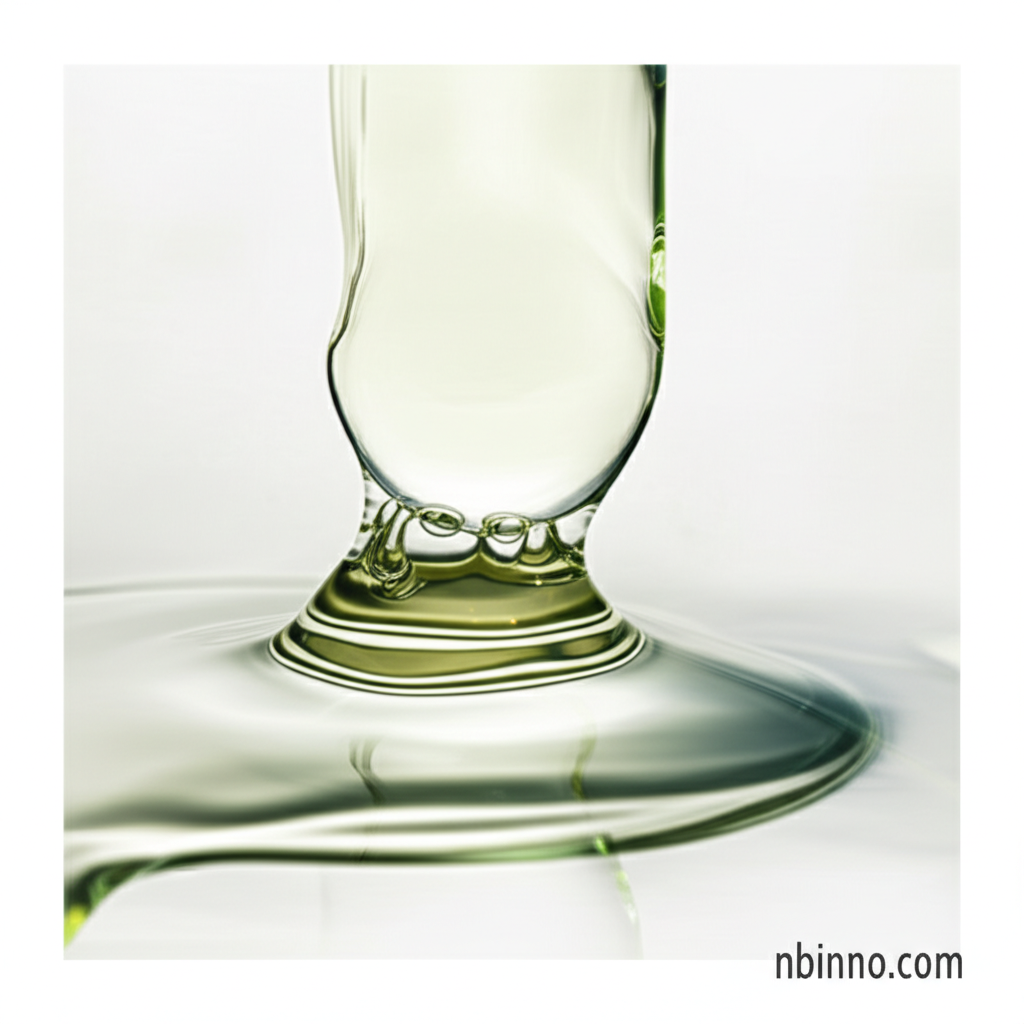Heptanoyl Chloride: Synthesis, Properties, and Applications in Organic Chemistry
Discover the versatile uses of Heptanoyl Chloride (CAS 2528-61-2) as a crucial intermediate in modern chemical synthesis.
Get a Quote & SampleProduct Core Value

Heptanoyl chloride
Heptanoyl chloride, a critical acyl halide, serves as a foundational building block in organic synthesis. Its distinct reactivity enables the efficient introduction of heptanoyl groups into a wide array of organic compounds. This process is vital for creating diverse esters, amides, and other functionalized derivatives, making it indispensable in the development of pharmaceuticals, agrochemicals, and specialized materials. The precise modification of molecular structures achievable with this compound underscores its importance in creating tailored chemical solutions for various industries.
- Explore the various Heptanoyl chloride applications in advanced chemical manufacturing.
- Understand the critical role of organic synthesis intermediates like Heptanoyl chloride in product innovation.
- Learn about the Heptanoyl chloride properties that make it a preferred choice for acylation reactions.
- Investigate the Heptanoyl chloride synthesis methods to optimize production yields and purity.
Key Advantages Offered
Versatile Reactivity
The high reactivity of Heptanoyl chloride allows for efficient acylation reactions, enabling the synthesis of complex organic molecules essential for pharmaceutical and agrochemical development, thereby driving innovation.
Broad Applicability
Serving as a fundamental building block, this acyl chloride is crucial for creating esters used in flavors and fragrances, enhancing its utility across multiple industrial sectors, including consumer goods.
Enabling Chemical Innovation
By facilitating the precise introduction of heptanoyl functional groups, Heptanoyl chloride empowers researchers and manufacturers to develop novel materials with enhanced properties, pushing the boundaries of chemical science.
Key Applications
Organic Synthesis
Heptanoyl chloride is a fundamental reagent in organic synthesis, facilitating a wide range of reactions including esterification and amidation, crucial for creating new chemical entities.
Pharmaceutical Intermediates
It plays a vital role in the synthesis of pharmaceutical intermediates, contributing to the development of new drugs and therapies by enabling specific molecular modifications.
Agrochemicals
Heptanoyl chloride is utilized in the production of agrochemicals, supporting the development of crop protection agents and enhancing agricultural productivity.
Specialty Chemicals
This compound is integral to the creation of specialty chemicals, finding use in areas like polymer modification and the synthesis of advanced materials with unique properties.
